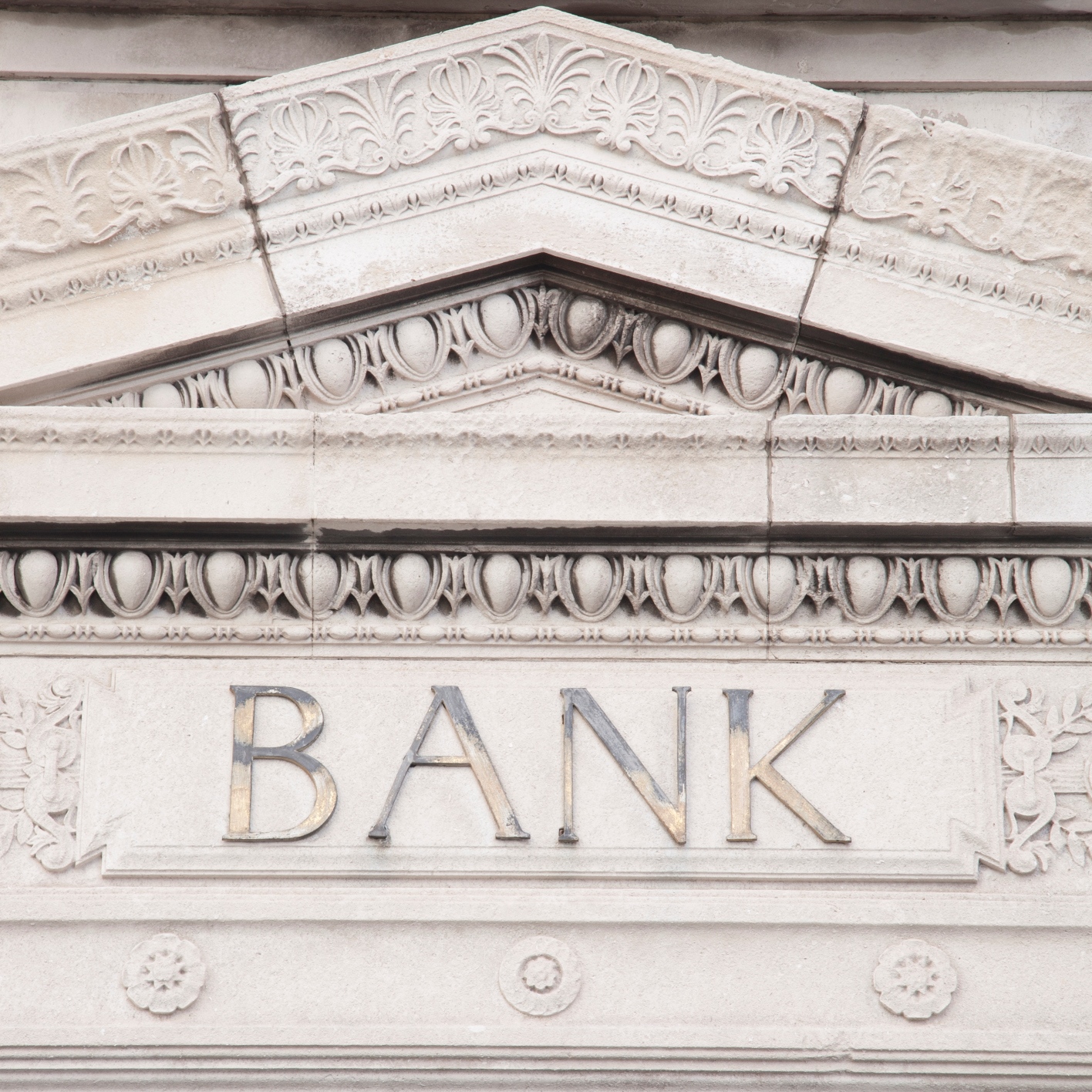Banking, finance, and taxes
3 Banks Called to Outperform After Fed Stress Tests (CCAR)

Published:
Last Updated:

It may be the time ahead of the summer doldrums, and you may have heard “Sell in May and go away,” but investors and traders alike are looking for opportunities here. One upcoming event is the Federal Reserve’s Comprehensive Capital Analysis and Review (CCAR), and the team at Merrill Lynch is telling its customers that three banks are expected to Outperform after the CCAR in June.
What is interesting about this call is not just the names, but perhaps why. And interestingly enough, due to research conflicts, the firm could not name Bank of America Corp. (NYSE: BAC) in the list. For that matter, the research department might not have named Bank of America as one of the top names even if it could cover it.
The Merrill Lynch team, led by Erika Najarian in this sector call, is now expecting the market to differentiate between the top and bottom performers following the CCAR stress test results in June. Their report said that the top two groups outperformed the bottom performers by an average of 3.8% after a month post-CCAR.
Citigroup Inc. (NYSE: C) has a Buy rating and the firm sees a $59 price objective (versus a $45.06 prior close). It has a consensus analyst price target of $56.42 and a 52-week trading range of $34.52 to $60.95. Merrill Lynch sees Citi doing $9 billion in buybacks.
JPMorgan Chase & Co. (NYSE: JPM) is rated as Buy and the firm sees a $72 price objective (versus a $63.39 close). The consensus price target is $70.78, and the 52-week range is $50.07 to $70.61. The firm talked up JPMorgan’s recent dividend hike of 9%.
SunTrust Banks Inc. (NYSE: STI) has a Buy rating, and the firm sees a $44 price objective (versus a $42.62 close). The consensus price target is $44.68. The 52-week range of $31.07 is $45.84. SunTrust is projected to deliver about $850 million in buybacks this year. Just last week it was named by Merrill Lynch as being under-owned and not reflecting the strong start to 2016.
Following a period of negative investor positioning and sentiment in the banking sector, recent commentary by Fed officials suggesting a potential rate hike as early as June has renewed some interest in the space. With conference season in full swing in the month of June, as well as the Brexit hanging over the sector, the question many investors have been asking us is: will CCAR matter for bank stocks? Overall, we expect the group to increase its total capital payout and forecast the group to return 79% of earnings post CCAR versus 70% in CCAR 2015. That said, we expect the market to differentiate between the top and bottom performers.
Merrill Lynch analyzed the last four CCAR results since 2012 and then compared how the banks’ stocks performed leading up to and after the CCAR exam. Najarian said:
We organized bank stocks into three different groups: the top 3 banks with the greatest absolute payout for each CCAR year, the top 3 banks that showed the greatest YoY rate of change in payout, and the bottom performers (banks that received an objection or conditional non-objection from the Fed). All three groups saw shares rise in anticipation of the results, with an average increase of 3% 10 days leading up to the announcement. The top two high performer groups saw shares increase on the day of the announcement by an average of 1.5% while the bottom performers saw shares decline 2%.
Still, there is a warning here. The Merrill Lynch report warned that all groups eventually started to trade lower after the announcement date. The top two groups still outperformed the bottom performers by an average of 3.8% after a month.
Najarian concluded:
Given that the CCAR exam continues to be the “binding constraint” of many US institutions, we believe investors remain highly focused on the outcome of the stress tests and a strong capital return plan could signal that a bank feels comfortable with its regulatory position. We expect those banks with high capital payouts or significant improvements in capital return to outperform.
Note that one key issue was not covered here. Last week’s Federal Open Market Committee minutes showed a resumed bias toward tightening, and seven banks and financials screamed higher on hopes of higher rates. Another consideration is that this is an election year, and investors probably are not going to treat individual bank shares too well seven years into the recovery if they are not passing their stress tests at this point.
The thought of burdening your family with a financial disaster is most Americans’ nightmare. However, recent studies show that over 100 million Americans still don’t have proper life insurance in the event they pass away.
Life insurance can bring peace of mind – ensuring your loved ones are safeguarded against unforeseen expenses and debts. With premiums often lower than expected and a variety of plans tailored to different life stages and health conditions, securing a policy is more accessible than ever.
A quick, no-obligation quote can provide valuable insight into what’s available and what might best suit your family’s needs. Life insurance is a simple step you can take today to help secure peace of mind for your loved ones tomorrow.
Click here to learn how to get a quote in just a few minutes.
Thank you for reading! Have some feedback for us?
Contact the 24/7 Wall St. editorial team.